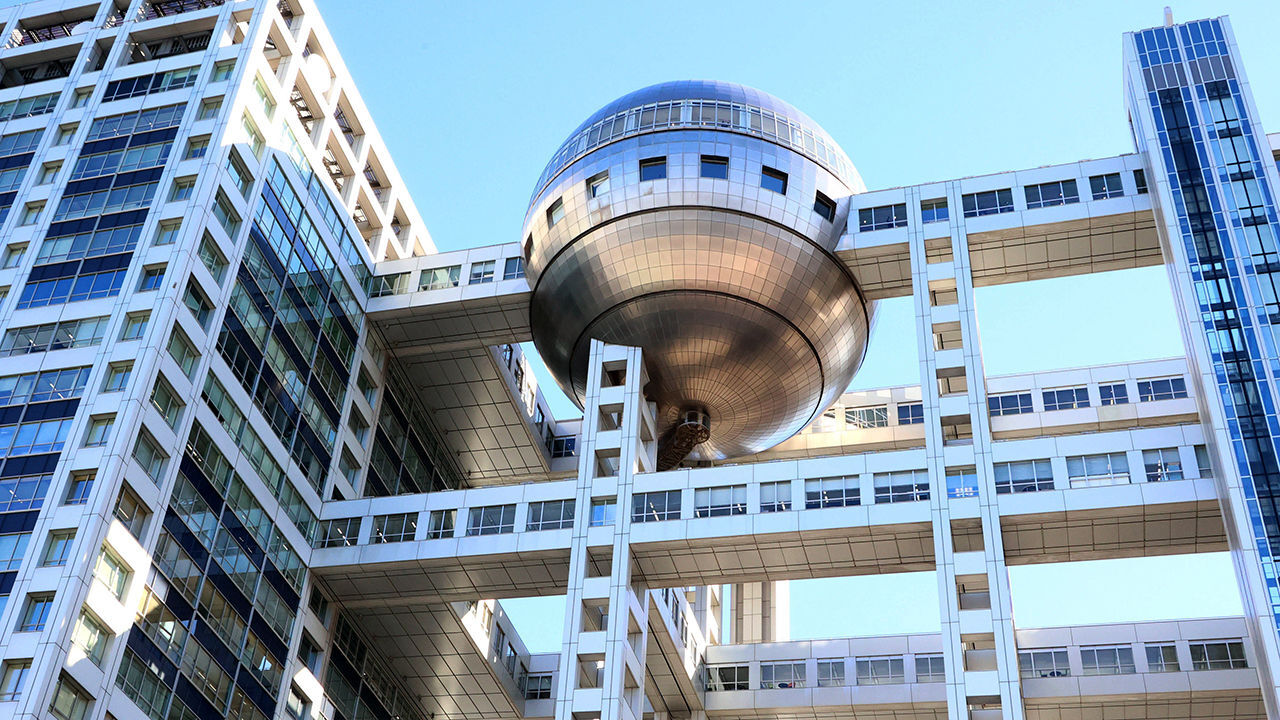Crisis? How does that work?
You see, when you have a systemic problem with sexual assault, that’s just the status quo, no big deal. Getting called out for it though, crisis!
deleted by creator
No more anime
Yes. Women naming the names of men who sexually assaulted them is a crisis. A crisis indeed.
Who the hell wrote this?
I mean, it absolutely would be a crisis for those in power who are guilty of rape/sexual abuse/harassment
0 sympathy for those people.
If it involves many people that are difficult to replace or even just to get rid of, the resulting situation could be called a crisis. I don’t think anyone called the naming itself that.
Even if so, it’s easy to misinterpret the headline.
It very well could be a crisis in Japan, the Yakuza are deeply entrenched in all circles of Japan and will likely be the no.1 culprits. This could very genuinely end in Civil War.
Civil war between men and women?
I mean. Artificially lowering the grades of female med students is civil war worthy.
This is how you get America 3000. No one wants America 3000.
But then you’d never get to experience the wonder that is Aargh the Awful.
The place that makes camera phones click so women know men are taking upskirts has a sexual assault problem?/s
The place that has women only rail cars because of rampant groping issues has a sexual assault problem? /s
The Onion: Japanese Government bracing to completely ignore incoming wave of criminal allegations.
Japan’s #MeToo movement has been “building up slowly”, says Miura Mari of Sophia University in Tokyo. In 2017 Ito Shiori, a freelance journalist, accused a reporter and the biographer of then-prime minister Abe Shinzo, of rape. Her criminal case was dismissed, but she won damages in a civil lawsuit. “Black Box Diaries”, her film chronicling the episode, became the first Japanese documentary to be nominated for an Oscar last month (though there is no release date for it in Japan). Her case proved controversial and sparked nationwide conversations. According to surveys, only 5-10% of people report assaults to the police in Japan, compared with 23% in America. Demonstrations also started in 2019 after four rape acquittals were handed down by the courts in quick succession.
Surprised it took them so long to be honest. Women have been treated terribly in Japan for ages, even more so as the population decreased (because that’s women’s fault I guess).
I like that the crisis is “a bunch of powerful people that run the country/media are rapists. I mean, we knew that part, but now we have to do something. Who will host our TV shows!?”
Hey, I studied at Sophia and even met Dr. Mari, even if just in passing! Neat!
Was about time 😩
Just ask any school girl in Japan.









